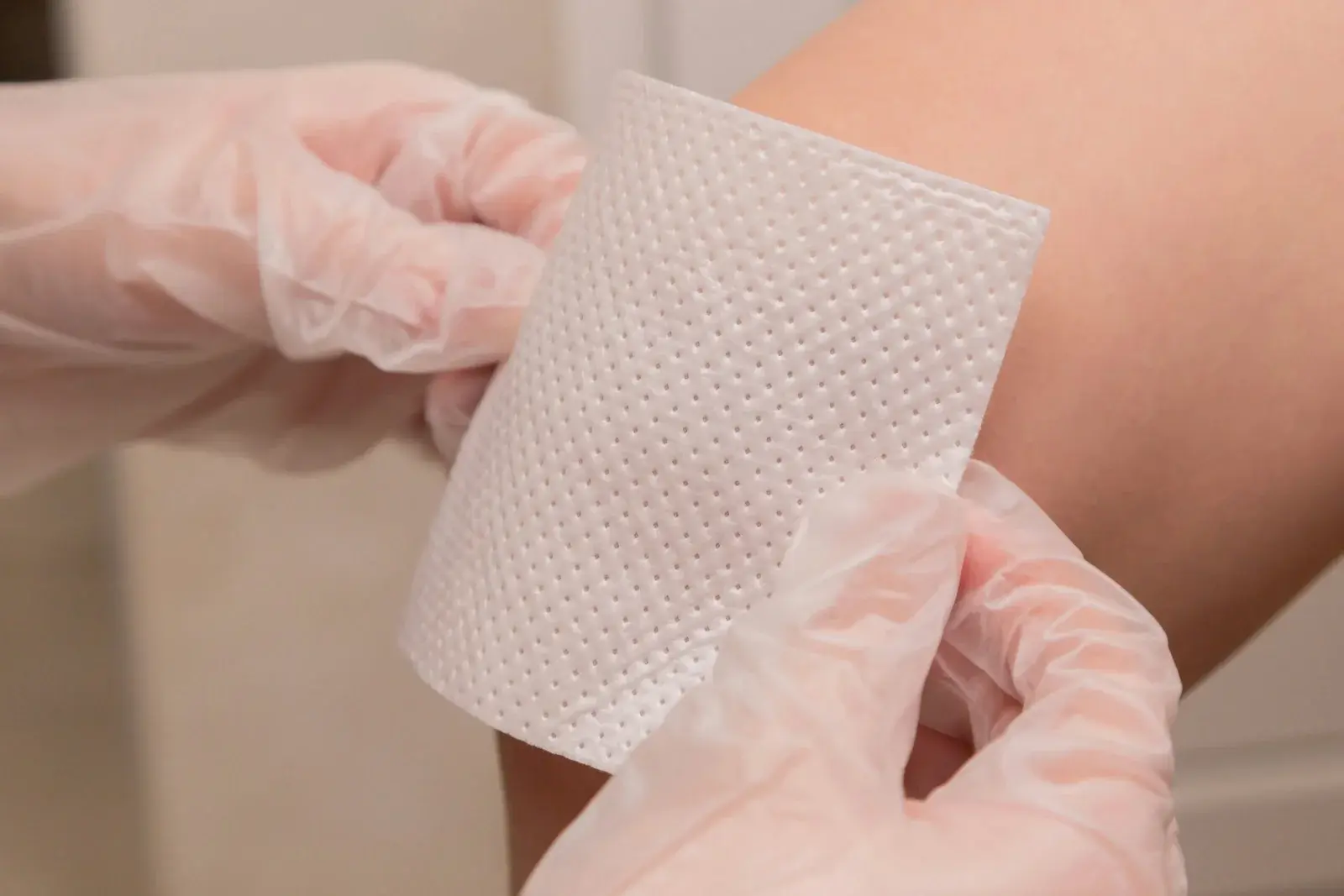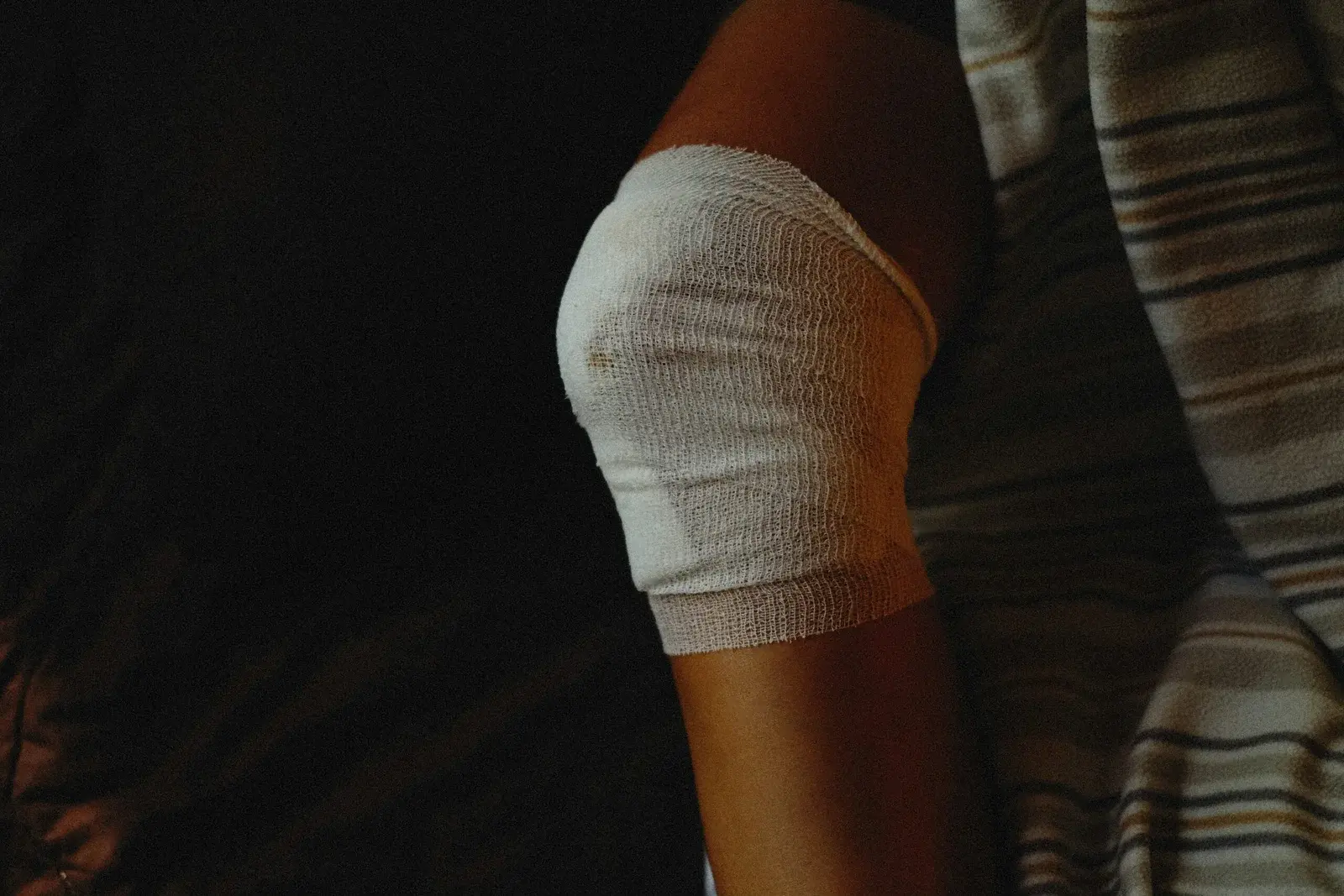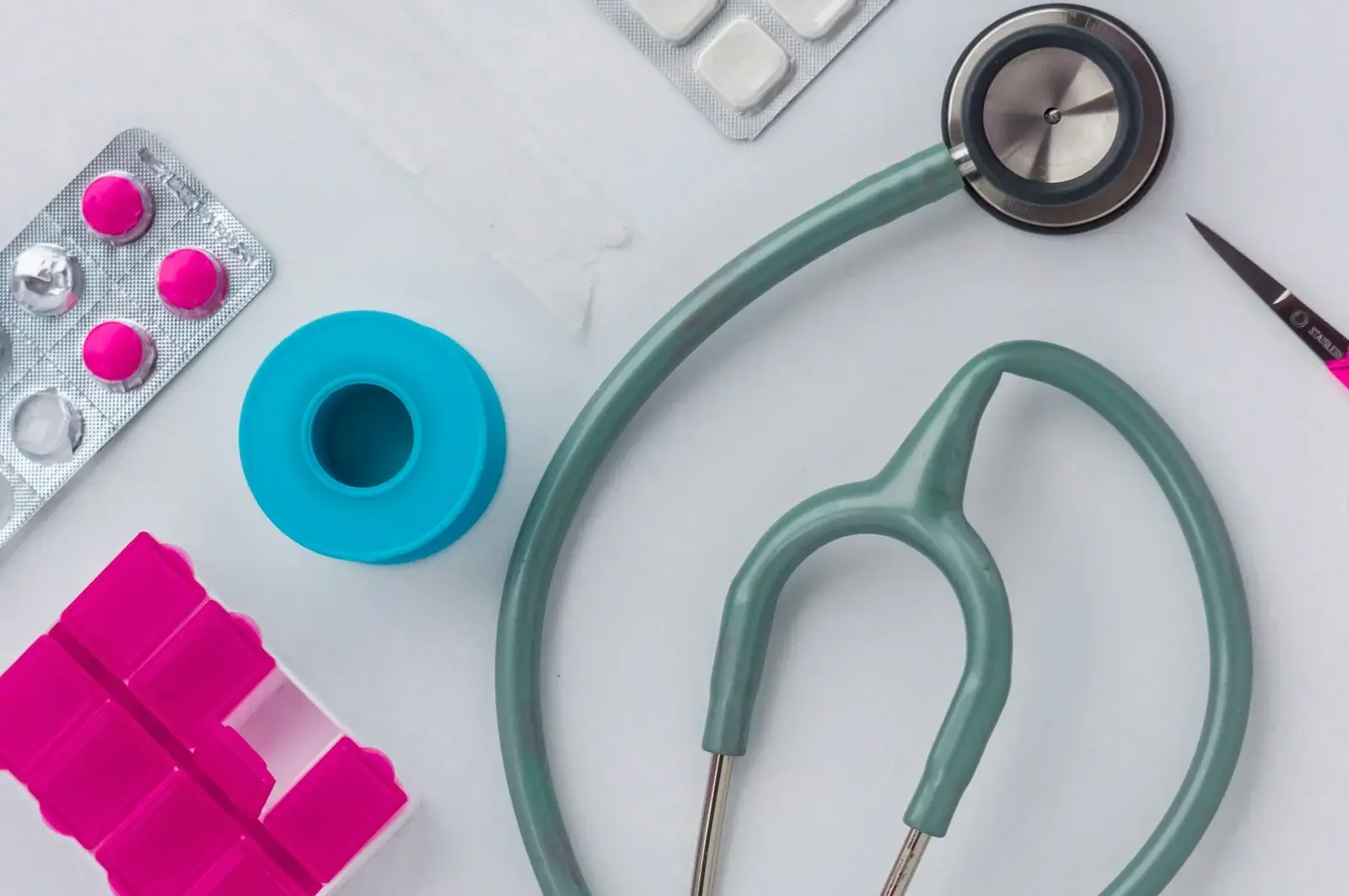
As we age, our skin becomes thinner and our bodies take longer to heal. For seniors, even a small cut or scrape can quickly turn into a serious issue if not properly cared for. In Las Vegas, where hot, dry weather can add to skin concerns, it’s important to know how to handle wounds, especially for seniors with diabetes, poor circulation, or limited mobility.
At C & C Health Care Services, we specialize in senior-focused wound care that promotes safe healing, reduces complications, and supports independent living.
Why Wound Care Is So Important for Seniors
Aging affects nearly every aspect of the body’s ability to heal:
-
Thinner skin tears more easily
-
Slower circulation reduces nutrient delivery to injured tissues
-
Weaker immune response increases infection risk
-
Chronic conditions like diabetes or vascular disease complicate healing
Even a minor wound can escalate into something much more serious, such as an infection, pressure ulcer, or hospitalization, without the right attention.
Common Types of Wounds in Older Adults
Understanding the types of wounds common in older populations helps with prevention and care. Here are some of the most frequent we treat in Las Vegas:
1. Skin Tears
Often caused by bumps, falls, or friction from clothing or medical devices.
2. Pressure Ulcers (Bedsores)
These occur when someone stays in one position too long, especially on bony areas like the hips, heels, or tailbone.
3. Diabetic Ulcers
Poor blood sugar control can lead to foot ulcers that are hard to detect and slow to heal.
4. Surgical Wounds
Post-operative wounds need careful monitoring, especially in older adults whose bodies take longer to heal.
5. Venous Leg Ulcers
These wounds result from poor circulation, often appearing on the lower legs or ankles.
Real-Life Example: Why Early Wound Care Matters
Mr. Jenkins, an 81-year-old Las Vegas resident with diabetes, noticed a small blister on his heel after wearing new shoes. He didn’t think much of it until it became red, swollen, and painful. His daughter brought him to C & C Health Care Services, where we cleaned the wound, started antibiotics, and applied specialized dressings. We also educated his family on proper at-home wound care. Within weeks, he was back to walking without pain.
Without early attention, this small wound could have led to a hospitalization or even amputation.
Signs a Wound Needs Medical Attention
Not every wound requires a trip to the doctor, but here’s when you should call a professional—especially for seniors:
-
Wound is deeper than ½ inch
-
Redness or swelling spreads
-
Drainage is yellow, green, or foul-smelling
-
Fever or chills accompany the wound
-
No signs of healing after 7–10 days
-
Increased pain, even after cleaning
-
A diabetic patient develops any open wound, especially on the foot
Wound Care Tips for Seniors and Caregivers
1. Keep the Wound Clean and Moist
Clean wounds with saline or mild soap and water. Use recommended dressings to keep the wound slightly moist, which promotes faster healing.
2. Watch for Signs of Infection
Check wounds daily for increased redness, swelling, drainage, or foul odor.
3. Maintain Good Nutrition
Protein, vitamin C, and zinc support healing. Seniors should stay hydrated and eat balanced meals.
4. Avoid Pressure and Friction
Use cushions and reposition often to avoid pressure ulcers. Wear soft, well-fitting shoes and clothing.
5. Monitor Chronic Conditions
Properly managing diabetes, blood pressure, and vascular health improves circulation and healing ability.
6. Don’t Delay Care
Early intervention prevents complications. If you’re unsure whether a wound is healing properly, contact a healthcare provider.
The Role of Professional Wound Care
At C & C Health Care Services, our team offers wound care tailored for seniors in Las Vegas. Whether you need support at home, post-surgery follow-up, or help managing a chronic wound, we can help with:
-
Comprehensive wound assessments
-
Professional cleaning and dressing
-
Infection prevention and treatment
-
Pressure ulcer prevention
-
Diabetic wound care
-
Home health visits for mobility-limited patients
-
Patient and caregiver education
We work alongside primary care physicians and specialists to provide seamless care that supports healing and independence.
Preventing Wounds in Seniors: Proactive Steps
Preventing wounds is always better than treating them. Here are some tips caregivers and seniors in Las Vegas should follow:
-
Moisturize daily: Dry desert air can make skin more prone to cracking.
-
Inspect skin regularly: Especially on feet, heels, hips, and behind knees.
-
Encourage movement: Light activity improves circulation. Even shifting in bed every 2 hours helps.
-
Keep home hazard-free: Remove rugs, improve lighting, and install grab bars to prevent falls.
-
Wear protective shoes and clothing: Choose non-slip footwear and soft, breathable fabrics.
When to Call C & C Health Care Services
If you or a loved one has a wound that isn’t healing, or you’re worried about how to care for it, don’t wait.
We offer compassionate, professional wound care throughout the Las Vegas area, including:
-
In-home wound care visits
-
Follow-ups after hospital discharge
-
Chronic wound management
-
Preventative care for high-risk seniors
Final Thoughts: Prioritize Wound Care for Long-Term Wellness
For seniors in Las Vegas, wound care isn’t just about treating a sore, it’s about protecting independence, comfort, and quality of life. Whether it’s a small cut or a serious pressure ulcer, timely and professional care makes all the difference.
Call C & C Health Care Services today to schedule a wound care consultation or in-home visit. Our team is here to support seniors and caregivers with knowledge, skill, and compassion, every step of the way.
Recent Posts

How Teen Therapy Builds Confidence and Emotional Strength
OCTOBER 8, 2025

Wound Care for Diabetic Ulcers at Home: Best Practices
SEPTEMBER 28, 2025

Is Telehealth Covered by Insurance? Common Coverage Questions Answered
AUGUST 24, 2025

Can Prescriptions Be Filled Through Telehealth Appointments?
AUGUST 18, 2025

Therapy for Depression: A Guide to Effective Treatment Options
JULY 14, 2025

How Remote Primary Healthcare Fits into Your Busy Life
JULY 12, 2025
